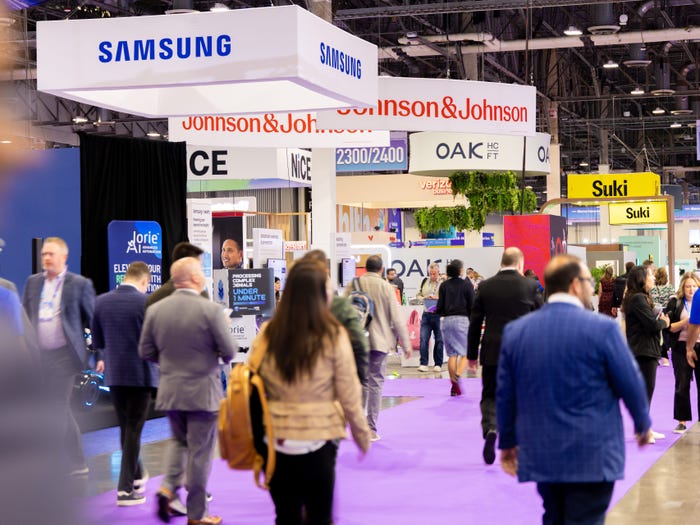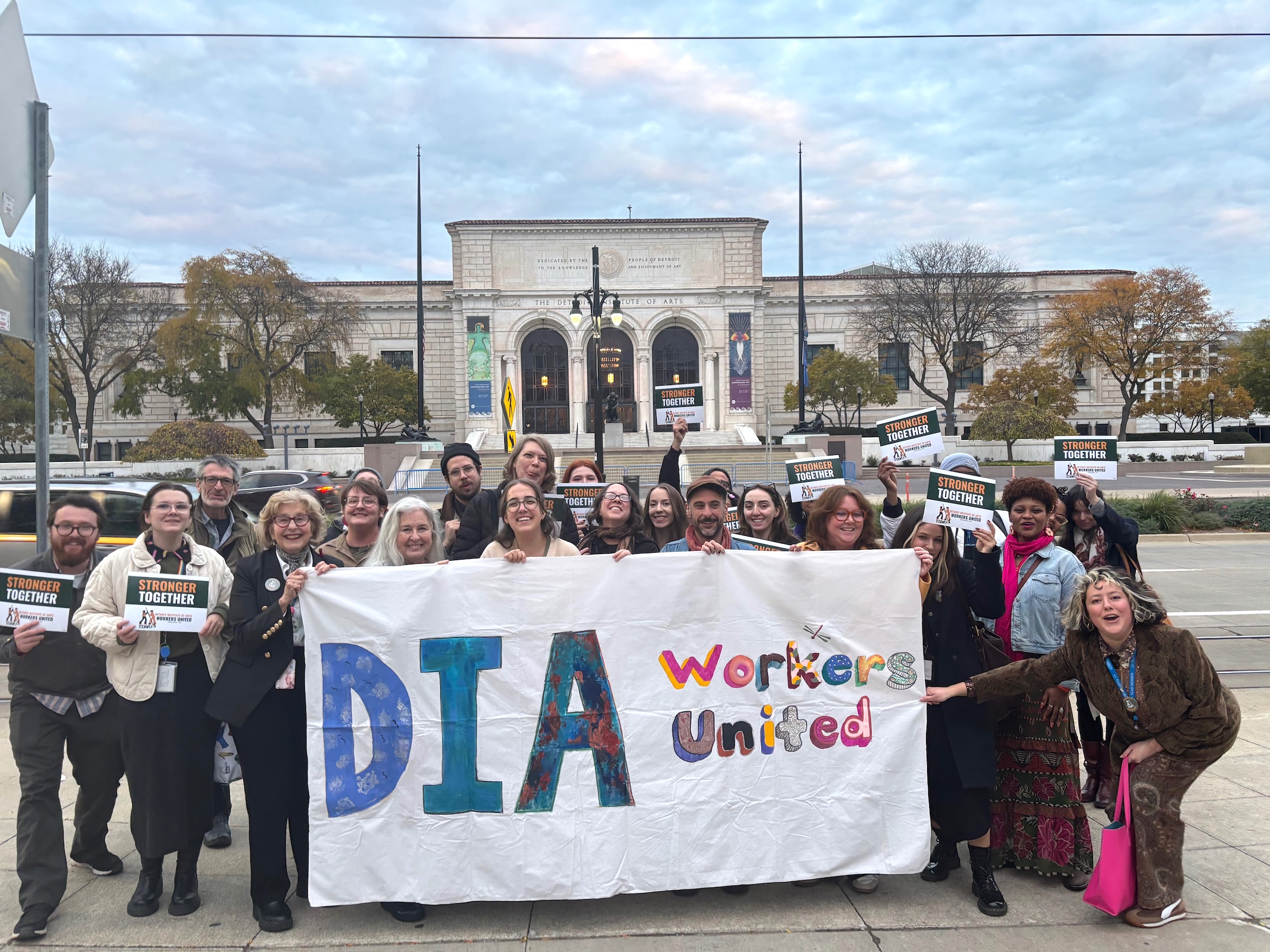URGENT UPDATE: The HLTH Conference 2025 in Las Vegas has become a battleground for healthcare innovation as AI technologies take center stage. Key players, including OpenAI, Samsung, and Johnson & Johnson, are showcasing their latest advancements, but concerns about an impending AI bubble are palpable among attendees.
As the conference unfolds, nearly every exhibitor is touting AI capabilities, with startups like Jorie AI and Suki competing against industry giants. Despite the glitzy atmosphere, a sense of fatigue surrounding AI hype is emerging among healthcare executives. Many are questioning whether the massive influx of venture capital—over $6.4 billion in the first half of 2025 alone—is sustainable.
“There’s a feeling of exhaustion,” said one health system executive who requested anonymity. “Everyone is marketing the same generic AI solutions.” The overwhelming presence of AI-themed booths and presentations, including a dedicated AI Zone, adds to the sentiment of sameness, leaving many attendees yearning for substance over style.
While Epic, a leader in medical records, was notably absent, the company’s plans to launch its own AI tools loom large over the event. Epic’s recent announcement to introduce an AI scribe system poses a significant challenge to startups like Abridge, valued at $5.3 billion.
This year’s conference has also seen the debut of Big Tech’s involvement in healthcare, with Nate Gross, OpenAI’s new healthcare lead, sharing the stage with executives from Microsoft and Google. “OpenAI and Anthropic represent a greater threat to startups than Amazon or Microsoft ever did,” Blake Wu of NEA stated, reflecting a growing alarm among investors.
The atmosphere at HLTH is a mix of lavish displays and high-stakes networking. Attendees can indulge in extravagant amenities, from pickleball courts to themed lounges, all while feeling the weight of AI expectations. “It’s like the Dreamforce of healthcare,” remarked Karen Knudsen, CEO of the Parker Institute for Cancer Immunotherapy.
Despite concerns, the event highlights some promising developments in AI applications for healthcare. Startups are emphasizing responsible AI development, with initiatives focusing on mental health and predictive analytics for cardiovascular diseases. For instance, Spring Health unveiled a groundbreaking benchmark for evaluating mental health chatbots, while the American Heart Association announced an AI assessment lab in collaboration with Dandelion Health.
As the conference continues, stakeholders are urged to watch for potential shifts in the AI landscape, particularly how established giants like OpenAI and Epic navigate the crowded market. The question remains: will these innovations lead to transformative improvements in healthcare, or will they contribute to the growing fears of an AI bubble?
This year’s HLTH is not just a showcase of technology; it’s a pivotal moment that could redefine the future of healthcare AI. The stakes are high, and as industry leaders grapple with these developments, the conversation around AI’s role in healthcare has never been more urgent.
Stay tuned for more updates from the HLTH Conference as the situation develops.







